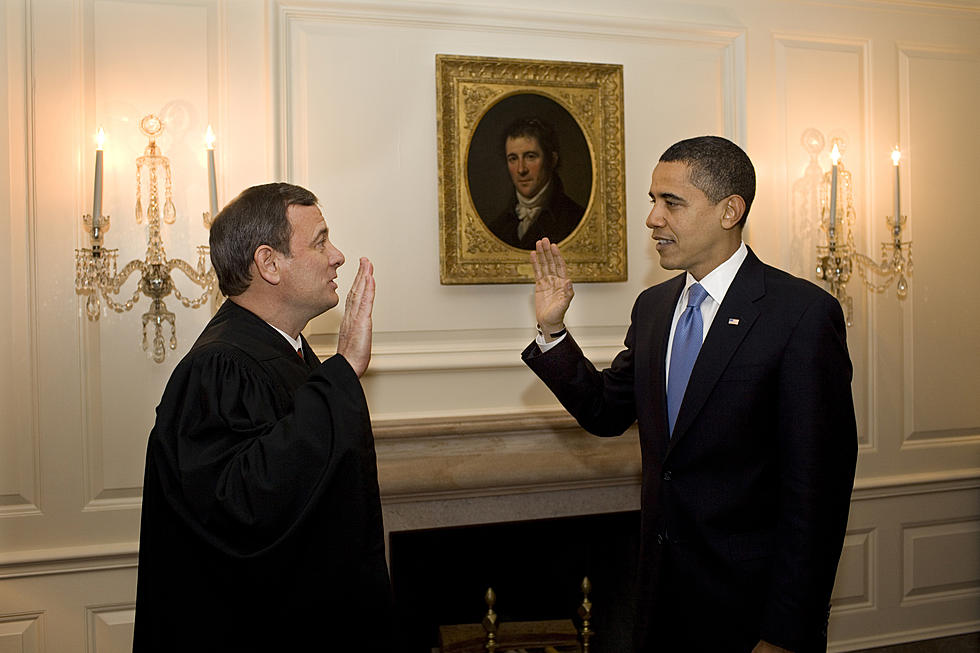
Independence Day: 236 Years and Still Going Strong
July 4th, 1776 – The day we celebrate the birth of the United States. One of our most historic documents — “The Declaration of Independence.” Actually, the Declaration of Independence was not really necessary.
The Battle of Bunker Hill
The straw that broke the camels back was the Battle of Bunker Hill. The colonies had been fighting the British for 14 months before the declaration was finally signed. The decision was made that too many people had died for any chance at peace between the colonies and England. A document of protest was sent to King George in July 1775 that he promptly rejected.
The Prohibitory Act
In December of 1775, the British Parliament passed the Prohibitory Act that cut off all trade with the colonies and established a navel blockade. King George sent troops and German Hessians to quell the resistance. This action put war with England on the table for discussion. Tensions between the colonies and the British Crown continued to escalate over the next few months.
On June 11, 1776, the Continental Congress appointed a committee of five men to draft the Declaration: John Adams, Benjamin Franklin, Thomas Jefferson, Robert Livingston, and Roger Sherman. Jefferson was given the task of writing the first draft.
After 80 plus revisions and re-writes the Philadelphia Convention passed it by unanimous vote on July 2, 1776 and that was all that was needed to cut the ties with Great Britain. Two days later, on July 4, 1776, Thomas Jefferson, wrote the final version, and John Hancock signed it. Hancock was the only person who signed it on the July 4th date. The others signed it a month later on August 2nd.
Declaration of Independence Triggers
King George did several things that lead to the colonies revolting. The colonists resented King George asserting too much power over them.
The thinking of the day was, that the wealth of the world was a fixed amount. The only ways to increase wealth was to explore, and claim new lands for the crown, or go to war and take land and wealth from others. Using this thinking Great Britain was not about to give up this lucrative new land with all its treasures. Especially not when whole islands could be bought for $24.00. Great Britain desperately needed the wealth of the New World to offset their losses in the French and Indian war.
The Currency Act
In 1764, Britain passed the Currency Act that prevented the colonies from printing or establishing their own money. The fear was, due to England’s debt from the French and Indian war would make the colonists money worth more than England’s.
The Quartering Act
In 1765, the British passed the Quartering Act that said colonists had to feed and house soldiers, if there was no room for them in the barracks. You might recognize this as the 3rd Amendment to the Constitution that says no soldiers can occupy private homes without the owners consent.
The Stamp Act
We’ve all heard the phrase, “No taxation without representation.” The Stamp Act is where this phrase originated. Parliament passed The Stamp Act in 1765 and imposed a tax stamp on legal documents, playing cards, licenses, contacts, and other necessary papers of the time. It was supposed to raise revenue, according to Parliament, to defend the colonies against any attack. The colonists suggested that since they were not “represented” in Parliament that the tax was illegal and non-binding. The Stamp Act is widely regarded as the true cause of the Revolutionary War.
Some Final Thoughts
The significance of this historic day is often overlooked when the cookouts and fireworks begin. As you go through your day stop and think for a moment how lucky you are to live in the United States. Other countries may have a benefit here and there that we don’t fully enjoy here. But there is no freer place on earth. In fact there are few countries on earth where the people decide the direction of their nation. There is no country on earth that offers the opportunity available to every US citizen. Look at a flag today and think about its journey. It still flies over the greatest country in the world 236 years later. But getting here was anything but easy.
More From KMMS-KPRK 1450 AM
![Do You Have The Right Financial Adviser, Let’s See [AUDIO]](http://townsquare.media/site/8/files/2012/01/mike-mccormick.png?w=980&q=75)

![Michael Cannon Of The Cato Institute Joins Us For Obamacare Talk [AUDIO]](http://townsquare.media/site/8/files/2012/07/cannon.jpg?w=980&q=75)

![Gary Perry Is One PO’d Republican [AUDIO]](http://townsquare.media/site/8/files/2012/07/Gary-Perry-and-Lisa.jpg?w=980&q=75)




